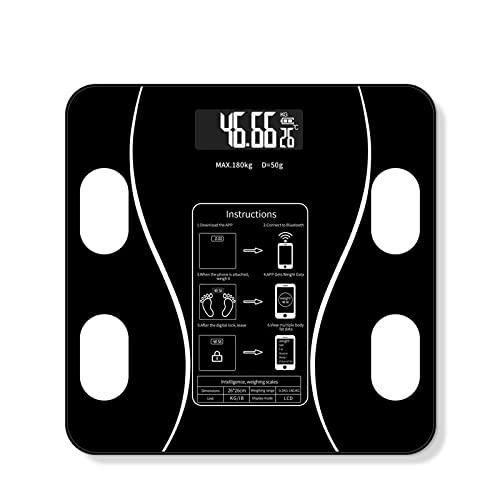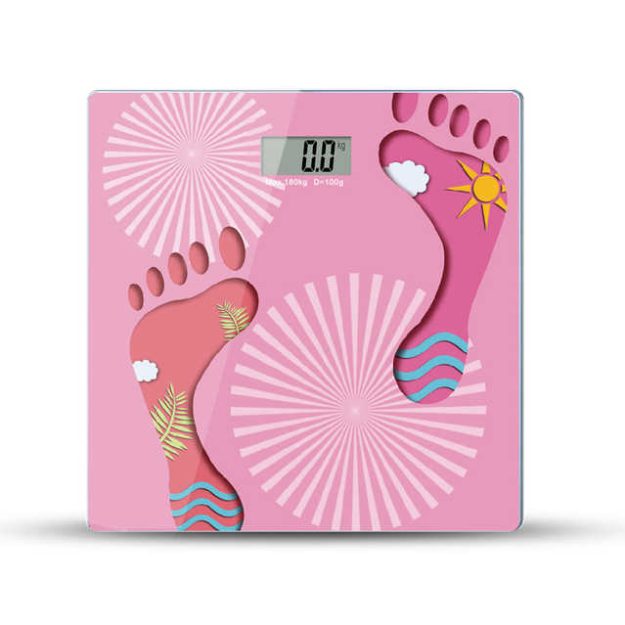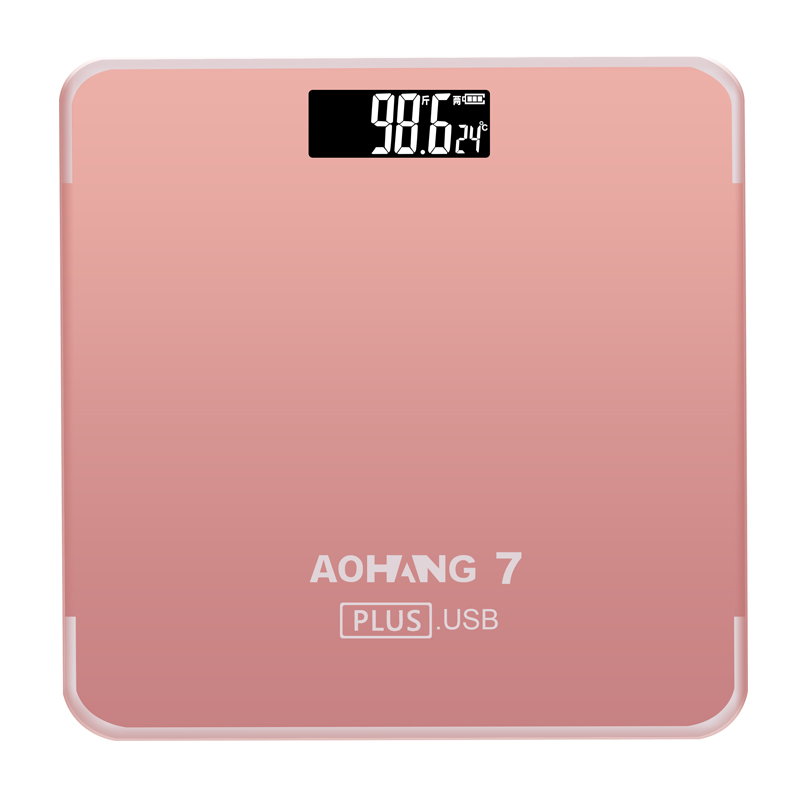Medical Height And Weight Scales. Medical height and weight scales are critical instruments in healthcare
settings, providing precise measurements essential for patient assessment and diagnosis.
These scales are used in hospitals, clinics, and other medical facilities to monitor patient growth, calculate
medication dosages, and track overall health.
With advancements in technology, modern medical scales now offer a range of features, including digital
displays, automated BMI calculations, and connectivity options, enhancing their utility in clinical practice.
This comprehensive guide will explore the importance, features, types, and top models of medical height
and weight scales, highlighting their role in delivering accurate and reliable patient care.
Importance of Medical Height and Weight Scales
- Accurate Diagnosis and Treatment: Precise height and weight measurements are fundamental for diagnosing various health conditions and determining appropriate treatments. Accurate measurements ensure that dosages for medications, particularly for children, are correctly calculated.
- Monitoring Growth and Development: For pediatric patients, regular monitoring of height and weight is crucial for assessing growth patterns and identifying potential health issues early. These scales help healthcare providers track development milestones and intervene when necessary.
- Nutritional Assessment: Medical scales are used to evaluate a patient�s nutritional status. Weight loss or gain can indicate underlying health issues or the effectiveness of a nutritional intervention. Accurate measurements are essential for creating and adjusting dietary plans.
- Pre-surgical Assessment: Before surgeries, accurate height and weight measurements are needed to calculate anesthesia doses and other medications, ensuring patient safety during procedures.
- Chronic Disease Management: For patients with chronic conditions like diabetes, heart disease, or obesity, regular monitoring of weight is vital for managing their health effectively. Height and weight data help in tracking the progress and adjusting treatment plans accordingly.
Key Features of Medical Height and Weight Scales
- Digital Accuracy: Modern medical scales come with high-precision sensors that provide accurate measurements. Digital scales often feature large, easy-to-read displays that show weight and height clearly, reducing the risk of human error.
- BMI Calculation: Many medical scales have built-in BMI (Body Mass Index) calculators. This feature automatically computes BMI from the height and weight data, helping healthcare providers quickly assess a patient’s body composition and potential health risks.
- Patient Records: Some advanced scales can store multiple patient records, allowing for easy tracking of individual progress over time. This feature is particularly useful in busy medical settings where patient history needs to be readily accessible.
- Connectivity: Connectivity features such as Bluetooth and Wi-Fi enable the scales to sync with electronic health records (EHR) systems and other health monitoring devices. This integration facilitates seamless data management and improves efficiency in patient care.
- Sturdy and Safe Design: Medical scales are designed to be robust and durable, with a high weight capacity to accommodate a wide range of patients. Safety features such as non-slip platforms and handrails ensure stability and prevent falls, particularly important for elderly or frail patients.
- Portability: Some medical scales are designed to be portable, making them ideal for home visits or fieldwork. Portable scales are lightweight and often come with carrying cases, ensuring they can be easily transported without compromising accuracy.
Types of Medical Height and Weight Scales
- Digital Medical Scales: These scales use electronic sensors to measure weight and height, providing precise and quick readings. They often include advanced features such as BMI calculation and connectivity options.
- Mechanical Beam Scales: Traditional beam scales use a balance beam and sliding weights to measure weight. Although they lack some of the advanced features of digital scales, they are highly accurate and durable.
- Column Scales with Stadiometers: These scales combine weight measurement with an integrated height rod (stadiometer), allowing simultaneous measurement of both metrics. They are commonly used in clinics and hospitals for comprehensive assessments.
- Wheelchair Scales: Designed for patients who cannot stand, wheelchair scales allow for accurate weight measurement while the patient remains in their wheelchair. The scale deducts the weight of the wheelchair, providing the patient�s exact weight.
- Infant Scales: These scales are specifically designed for measuring the weight and length of infants. They feature cradles or trays to safely hold the baby during measurement and provide precise readings essential for monitoring infant growth.
Top Models of Medical Height and Weight Scales
- Model A: Digital Column Scale with BMI Calculation
- Description: This advanced digital scale features an integrated stadiometer and automatic BMI calculation.
- Key Features: High-precision sensors, large LCD display, multiple user profiles, Bluetooth connectivity, sturdy platform with non-slip surface.
- Model B: Portable Medical Scale with Carrying Case
- Description: Ideal for home visits and fieldwork, this portable scale offers digital accuracy and ease of transport.
- Key Features: Lightweight design, high weight capacity, rechargeable battery, easy-to-read digital display, carrying case included.
- Model C: Mechanical Beam Scale with Height Rod
- Description: A traditional mechanical scale with a balance beam and integrated height rod, offering durability and reliability.
- Key Features: Robust construction, precise measurements, dual reading options (kg and lbs), easy-to-use sliding weights, height rod for simultaneous measurement.
- Model D: Wheelchair Scale with Large Platform
- Description: Designed for patients in wheelchairs, this scale offers a large platform and tare function to subtract wheelchair weight.
- Key Features: High weight capacity, durable and stable platform, easy access ramps, digital display, tare function for accurate patient weight.
- Model E: Infant Scale with Safety Tray
- Description: Specially designed for infants, this scale ensures safe and accurate measurement of weight and length.
- Key Features: Contoured tray for safety, precise digital measurements, easy-to-clean surface, compact design, tare function for additional comfort items.
Choosing the Right Medical Height and Weight Scale
When selecting a medical height and weight scale, consider the following factors:
- Measurement Accuracy: Ensure the scale provides precise and reliable measurements. Check for high-precision sensors in digital models and robust mechanisms in mechanical models.
- Ease of Use: The scale should be user-friendly, with a clear display and straightforward operation. Consider scales with automated features such as BMI calculation and patient record storage for added convenience.
- Patient Safety: Look for safety features like non-slip platforms, handrails, and stable designs. These features are crucial for preventing falls and ensuring patient comfort.
- Connectivity Options: If integrating data with EHR systems or other devices is important, choose scales with Bluetooth or Wi-Fi connectivity. This feature enhances data management and efficiency in healthcare settings.
- Portability: For healthcare providers who need to move scales between locations, consider portable models with carrying cases. Ensure that portability does not compromise measurement accuracy.
- Weight and Height Capacity: Ensure the scale can accommodate the full range of patients you will be measuring. Check the maximum weight capacity and height measurement range.
Conclusion
Medical height and weight scales are essential tools in healthcare, providing accurate and reliable
measurements crucial for patient assessment, diagnosis, and treatment.
With a variety of models available, from digital scales with advanced features to traditional mechanical
beam scales, there is a scale to meet every medical need.
By considering factors such as accuracy, ease of use, safety, and connectivity, healthcare providers can
select the best scale to enhance patient care and streamline medical processes.
Investing in high-quality medical scales ensures precise measurements and long-term durability, making
them indispensable in any medical facility.
We are located at Wandegeya University Plaza Room A18
For more details please contact us on ; +256 700225423
+256 (0) 787089315
Or email us at:[email protected]







